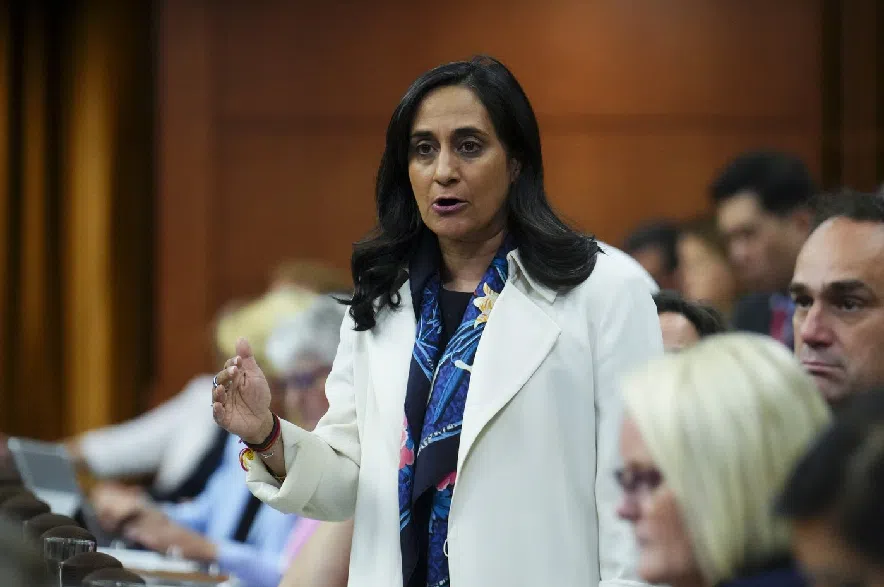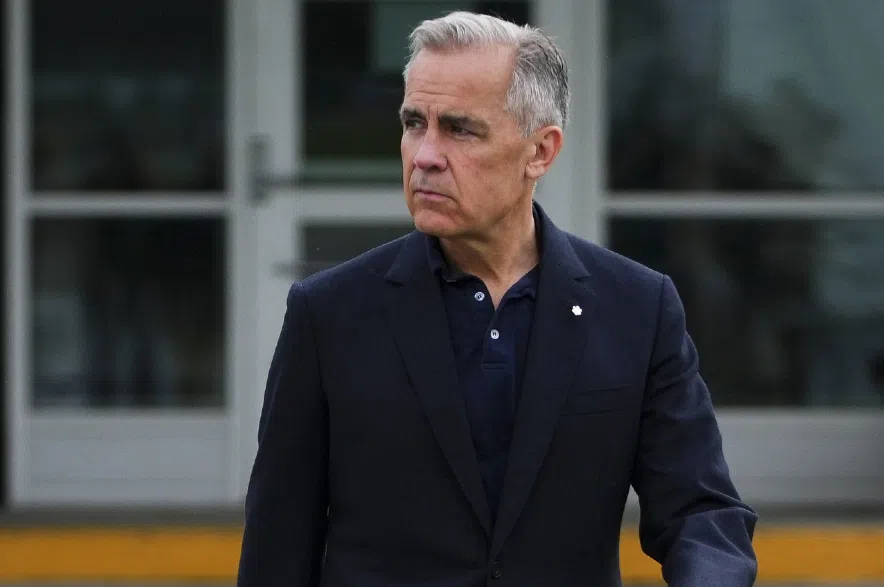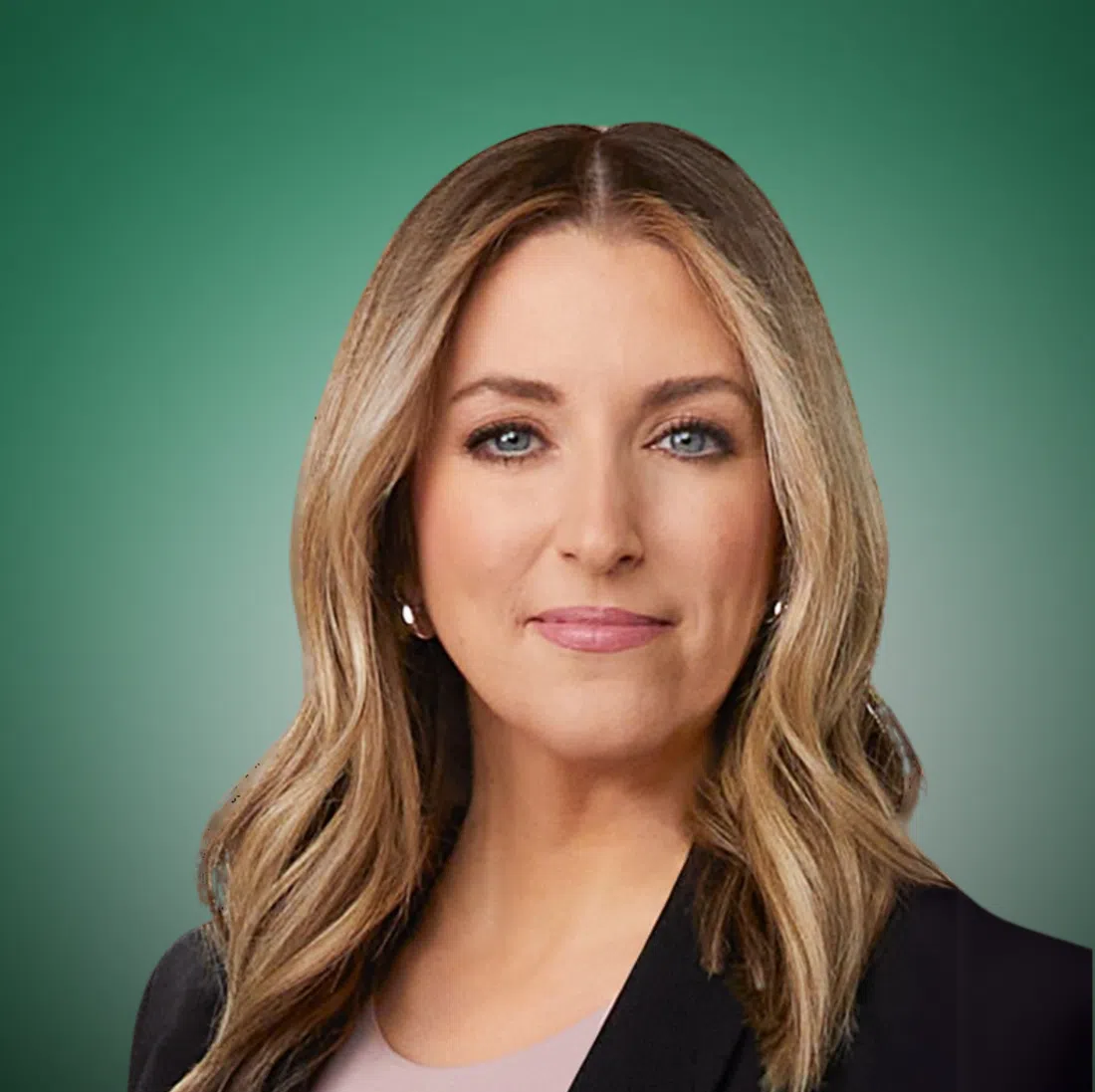OTTAWA — Prime Minister Mark Carney called for de-escalation on Sunday after the United States carried out strikes against three Iranian nuclear sites Saturday.
Carney issued a social media post shortly before 8 a.m. Eastern saying the U.S. military action was “designed to alleviate” threats posed by Iran, but the situation in the Middle East remains “highly volatile.”
Read more:
- Canada facilitating commercial flights home for citizens fleeing Israel, Iran: Anand
- Around 80,000 Canadians in the Middle East amid Israel-Iran conflict: Global Affairs
“Stability in the region is a priority,” Carney said on the social media platform X.
“Canada calls on parties to return immediately to the negotiating table and reach a diplomatic solution to end this crisis.”
Iran’s nuclear programme is a grave threat to international security, and Canada has been consistently clear that Iran can never be allowed to develop a nuclear weapon.
While U.S. military action taken last night was designed to alleviate that threat, the situation in the…— Mark Carney (@MarkJCarney) June 22, 2025
The military intervention brings the United States into Israel’s efforts to scuttle Iran’s nuclear program, which Carney said in his post poses a threat to international security.
He reiterated Canada’s position that Iran must never be allowed to develop a nuclear weapon.
Addressing the nation from the White House after the strikes, U.S. President Donald Trump asserted that Iran’s key nuclear sites were “completely and fully obliterated.” There was no independent damage assessment.
— Donald J. Trump (@realDonaldTrump) June 22, 2025
It was not clear whether the U.S. would continue attacking Iran alongside its ally Israel, which has been engaged in a nine-day war with Iran.
Iran’s top diplomat, Foreign Minister Abbas Araghchi, warned in a post on X that the U.S. attacks “will have everlasting consequences” and that Tehran “reserves all options” to retaliate.
The United States, a permanent member of the United Nations Security Council, has committed a grave violation of the UN Charter, international law and the NPT by attacking Iran's peaceful nuclear installations.
The events this morning are outrageous and will have everlasting…
— Seyed Abbas Araghchi (@araghchi) June 22, 2025
Carney cited a statement from G7 leaders coming out of the summit held in Alberta last week saying the solution to the Iranian crisis should involve a broader de-escalation of conflicts in the Middle East, including a ceasefire in Gaza.
In her own Sunday social media post, Foreign Affairs Minister Anita Anand reminded Canadians in the region to register with Global Affairs Canada to receive country-specific information, including available travel options.
Canada has been consistent and clear that Iran must not possess nuclear weapons as they are a threat to international security.
Canada continues to support all efforts aimed at de-escalation, protecting civilian lives, and restoring stability through diplomacy. We urge parties… https://t.co/HhS6loVtRS
— Anita Anand (@AnitaAnandMP) June 22, 2025

Minister of Foreign Affairs Anita Anand responds to a question during question period in the House of Commons on Parliament Hill in Ottawa on Thursday, June 12, 2025. (THE CANADIAN PRESS/Sean Kilpatrick)
EU and NATO summits on the agenda
Carney and Anand are heading to Europe on Sunday for a trip dominated by security and defence talks at the EU and NATO summits.
Defence Minister David McGuinty and secretary of state for defence procurement Stephen Fuhr will also make the trip.
The summits, where military procurement and diversifying supply chains will top the agendas, come as Canada looks to reduce its defence procurement reliance on the United States due to strained relations over tariffs and President Donald Trump’s repeated talk about Canada becoming a U.S. state.
Carney will fly first to Brussels, Belgium, starting the trip with a visit to the Antwerp Schoonselhof Military Cemetery where 348 Canadian soldiers are buried.
He will also meet with Belgian Prime Minister Bart De Wever, European Council President António Costa and European Commission President Ursula von der Leyen.
At the EU-Canada summit, Anand and McGuinty are expected to sign a security and defence agreement with the EU in what one European official described Friday as one of the most ambitious deals Europe has ever signed with a third country.
The agreement will open the door to Canada’s participation in the ReArm Europe initiative, allowing Canada to access a 150-billion-euro loan program for defence procurement, called Security Action for Europe.
An EU official briefing reporters on Friday said once the procurement deal is in place, Canada will have to negotiate a bilateral agreement with the European Commission to begin discussions with member states about procurement opportunities.
A Canadian official briefing reporters on the summit Saturday said the initial agreement will allow for Canada’s participation in some joint procurement projects. However, a second agreement will be needed to allow Canadian companies to bid.
At the EU-Canada summit, leaders are also expected to issue a joint statement to underscore a willingness for continued pressure on Russia, including through further sanctions, and call for an immediate and permanent ceasefire in Gaza.
After Brussels, Carney heads to The Hague in the Netherlands for the NATO leaders’ summit on Tuesday and Wednesday.
There, Carney will meet with the King of the Netherlands and later with leaders of Nordic nations to discuss Arctic and transatlantic security.
NATO spending target could increase
At the NATO summit, Carney will take part in bilateral meetings with other leaders. The summit agenda includes a social dinner hosted by the king and queen of the Netherlands and a two-and-a-half hour meeting of the North Atlantic Council.
NATO allies are expected to debate a plan to hike alliance members’ defence spending target to five per cent of national GDP. NATO data shows that in 2024, none of its 32 members spent that much.
The Canadian government official who briefed reporters on background says the spending target and its timeline are still up for discussion, though some allies have indicated they would prefer a seven-year timeline while others favour a decade.
Canada hasn’t hit a five-per-cent defence spending threshhold since the 1950s and hasn’t reached the two per cent mark since the late 1980s.
NATO says that, based on its estimate of which expenditures count toward the target, Canada spent $41 billion in 2024 on defence, or 1.37 per cent of GDP. That’s more than twice what it spent in 2014, when the two per cent target was first set; that year, Canada spent $20.1 billion, or 1.01 per cent of GDP, on defence.
In 2014, only three NATO members achieved the two per cent target — the U.S., the U.K., and Greece. In 2025, all members are expected to hit it.
Any agreement to adopt a new spending benchmark must be ratified by all 32 NATO member states.
Former Canadian ambassador to NATO Kerry Buck told The Canadian Press the condensed agenda is likely meant to “avoid public rifts among allies,” describing Trump as an “uncertainty engine.”
“The national security environment has really, really shifted,” Buck said, adding allies next door to Russia face the greatest threats. “There is a high risk that the U.S. would undercut NATO at a time where all allies are increasingly vulnerable.”
Trump has suggested the U.S. might abandon its mutual defence commitment to the alliance if member countries don’t ramp up defence spending.
“Whatever we can do to get through this NATO summit with few public rifts between the U.S. and other allies on anything, and satisfy a very long-standing U.S. demand to rebalance defence spending, that will be good for Canada because NATO’s good for Canada,” Buck said.
Carney has already made two trips to Europe this year — the first to London and Paris to meet with European allies and the second to Rome to attend the inaugural mass of Pope Leo XIV.
— by Craig Lord and Catherine Morrison, with files from The Associated Press
Read more:











